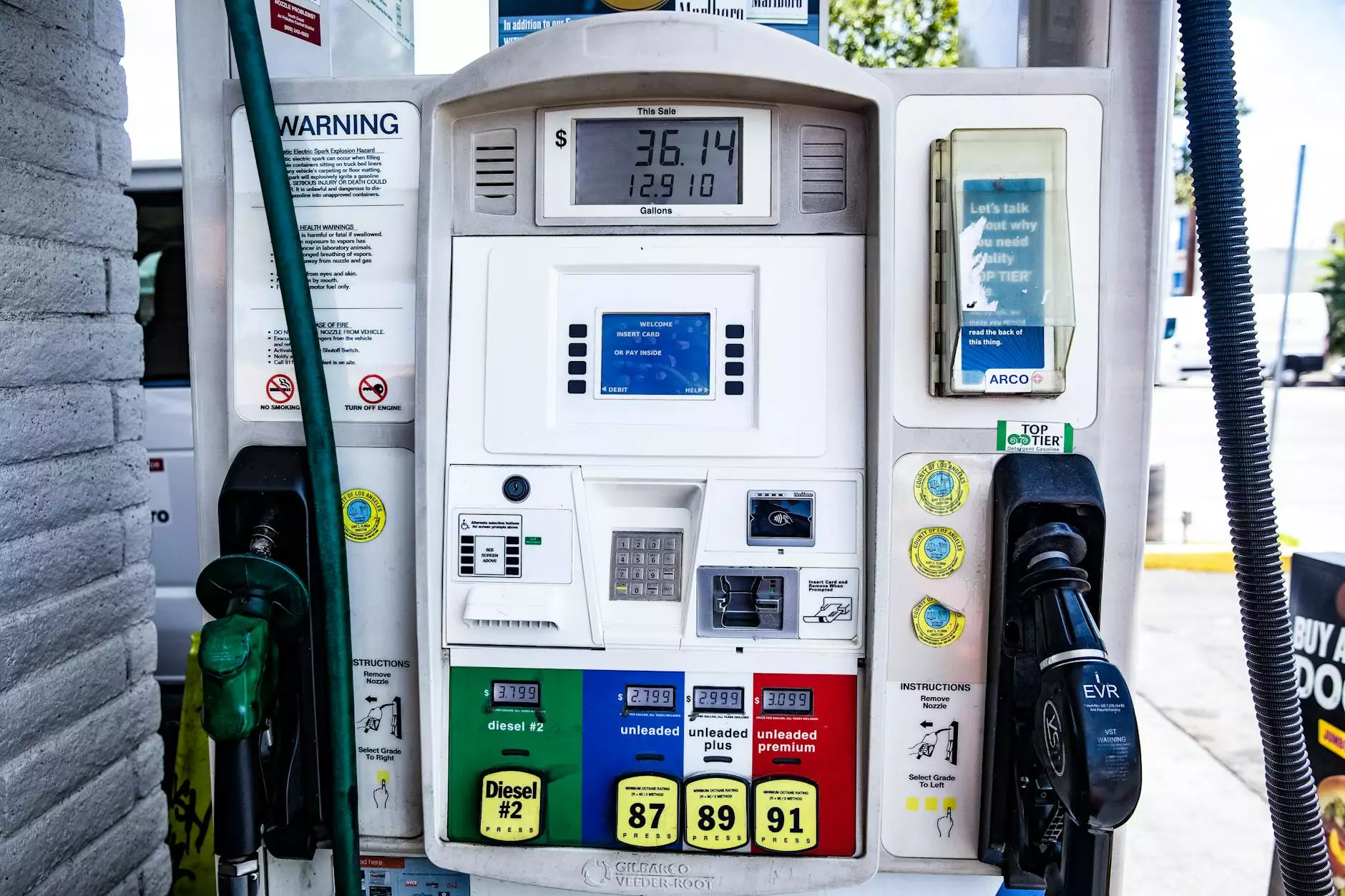How To DIY Test Bosch D-Jetronic EFI Fuel Injectors

Welcome to our comprehensive guide on how to effectively test Bosch D-Jetronic EFI fuel injectors. At Grafco Electric, we understand the importance of maintaining optimum performance for your vehicle's fuel injection system. In this detailed guide, we will provide you with step-by-step instructions, expert tips, and techniques to ensure accurate and reliable testing of your Bosch D-Jetronic EFI fuel injectors.
Understanding Bosch D-Jetronic EFI Fuel Injectors
Bosch D-Jetronic EFI fuel injectors play a critical role in the efficient delivery of fuel to your engine. These high-quality injectors are renowned for their reliability and performance. However, over time, they may require testing to diagnose any potential issues or ensure proper functionality.
Tools and Equipment
- Multimeter - for measuring electrical resistance and continuity
- Noid light - to check injector pulse
- Fuel pressure gauge - to measure fuel pressure
- Injector cleaning kit - for maintenance purposes
- Protective gloves and eyewear - to ensure safety during the testing process
Step-by-Step Guide to Testing Bosch D-Jetronic EFI Fuel Injectors
Before starting the testing process, ensure that you have taken all necessary safety precautions, such as disconnecting the battery and relieving fuel system pressure. Now, let's dive into the step-by-step guide:
Step 1: Preparation
Ensure that the engine is cool and that the ignition is turned off. Use protective gloves and eyewear to protect yourself from any potential fuel leaks or electrical hazards.
Step 2: Accessing the Fuel Injectors
Locate the fuel injector rail in your vehicle's engine compartment. Depending on the make and model, it may be necessary to remove the engine cover or intake manifold to gain access to the fuel injectors.
Step 3: Electrical Testing
Using a multimeter, measure the electrical resistance of each fuel injector. A healthy Bosch D-Jetronic EFI fuel injector typically has a resistance within a specific range. Consult your vehicle's service manual or Bosch's specifications for the correct range.
Additionally, check the continuity of the injector's electrical connections to ensure there are no breaks or faults in the wiring.
Step 4: Injector Pulse Testing
Use a noid light to check if the fuel injectors are receiving proper pulse signals from the engine control module. Connect the noid light to the injector's electrical connector and crank the engine. The noid light should flash, indicating that the injector is receiving pulse signals.
Step 5: Fuel Pressure Testing
Connect a fuel pressure gauge to the fuel rail and measure the fuel pressure during engine cranking and running. Compare the measured values to the manufacturer's specifications. Low or inconsistent fuel pressure can result in poor injector performance.
Step 6: Injector Cleaning and Maintenance
If you encounter any issues during testing or if your fuel injectors are showing signs of clogging or poor spray patterns, it is recommended to use an injector cleaning kit. Follow the instructions provided with the kit to properly clean and maintain your fuel injectors.
Conclusion
Congratulations! You have successfully completed the DIY testing process for Bosch D-Jetronic EFI fuel injectors. By following our detailed guide, you can ensure the optimal performance and efficiency of your vehicle's fuel injection system. If you require further assistance or have any questions, don't hesitate to contact the experts at Grafco Electric. Our team is dedicated to providing top-notch automotive electrical solutions, and we are here to help you every step of the way.
Remember, regular testing and maintenance of your fuel injectors are crucial for the longevity and performance of your vehicle. Trust Grafco Electric for all your automotive electrical needs, and experience the difference of quality and expertise.




